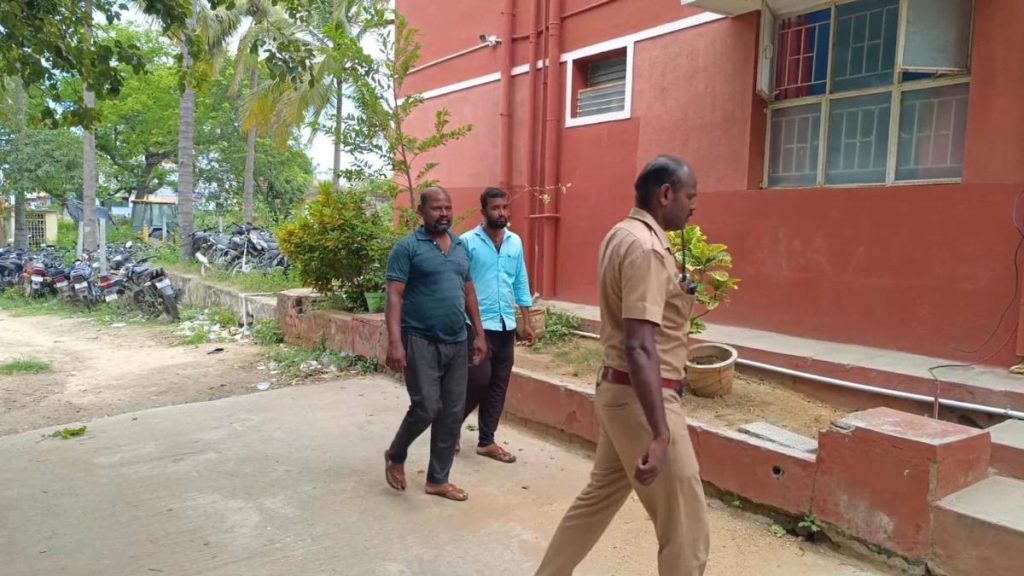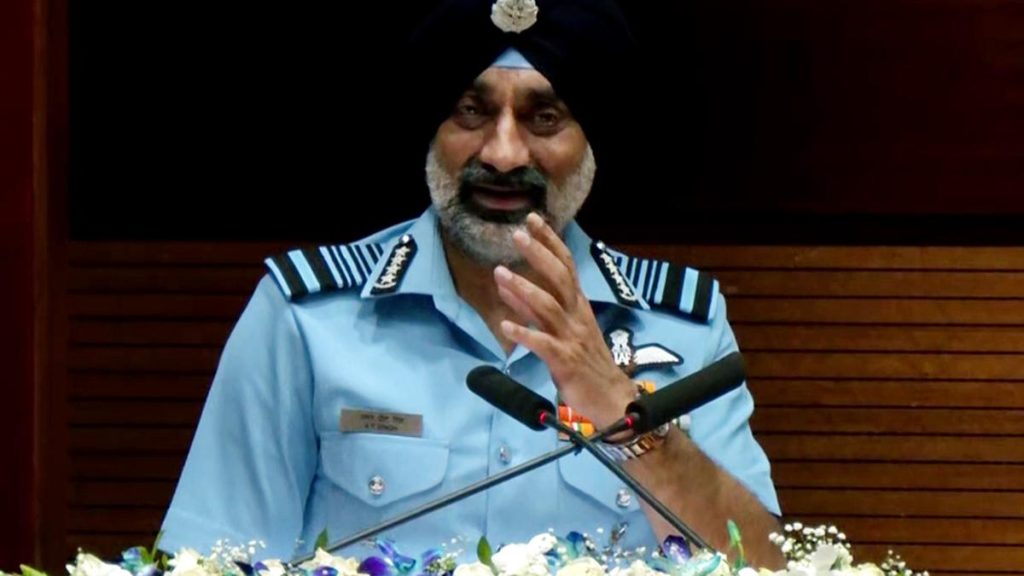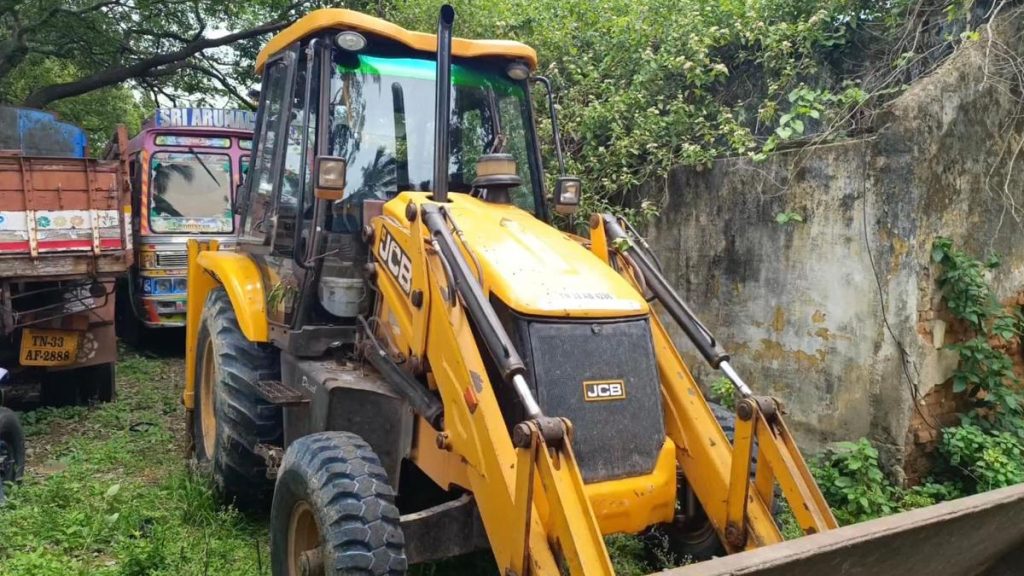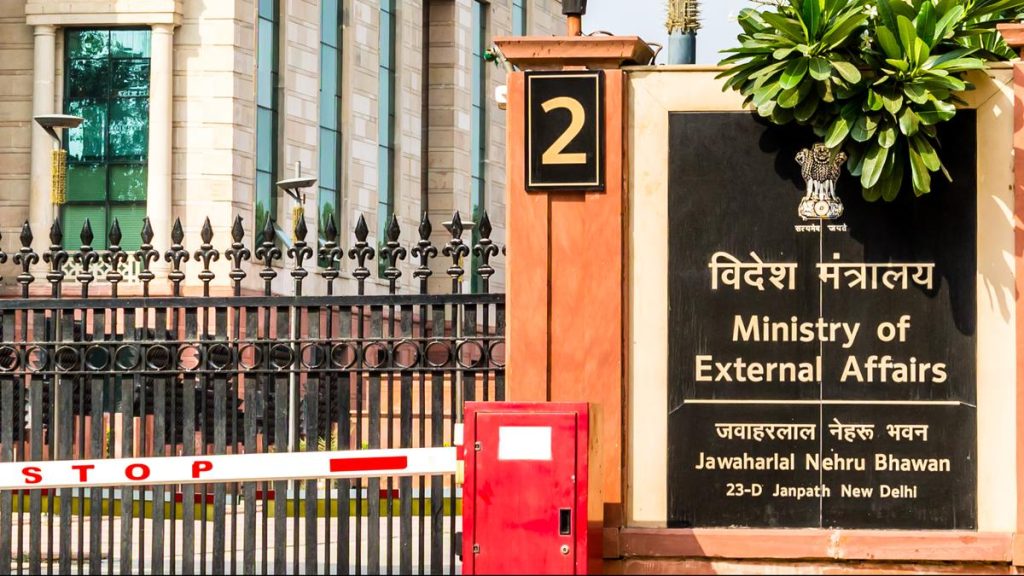Now Reading: Bengaluru Metro Guard’s Fall Raises Alarms Over Long Shifts, Safety Lapses
-
01
Bengaluru Metro Guard’s Fall Raises Alarms Over Long Shifts, Safety Lapses
Bengaluru Metro Guard’s Fall Raises Alarms Over Long Shifts, Safety Lapses
Rapid Summary
- A 52-year-old security guard at Ragigudda Metro Station on bengaluru’s Yellow Line accidentally fell onto train tracks due to exhaustion after reportedly working a 16-hour shift. He was rescued safely, but the incident has raised concerns about safety conditions for guards and passengers.
- Metro guards, many employed via private agencies or Karnataka home Guards, face long work hours, low pay, little rest, and stringent rules prohibiting sitting during shifts. Some guards double their work shifts for higher earnings despite the health toll it takes.
- The absence of adequate platform screen doors (PSDs) at most stations is under scrutiny after repeated cases of accidental falls and deliberate jumps onto electrified tracks that pose life-threatening risks. Safety railings have only been installed at two stations so far: Majestic (Kempegowda) Interchange and R.V Road Interchange Station.
- The idea of creating a dedicated security force like the Railway Protection Force for metro stations was dropped earlier by Bangalore Metro Rail corporation Limited (BMRCL) due to cost constraints; staff currently consist of home guards and private agency personnel.
- Commuters have urged BMRCL to address passenger safety concerns by installing PSDs across its network considering high traffic volume exceeding 10 lakh daily passengers on the Yellow Line.
- No official response from BMRCL regarding these issues has been provided yet.
Indian Opinion Analysis
The Ragigudda incident underscores systemic challenges facing Namma Metro’s operations in India’s growing urban transport networks: overburdened personnel and insufficient infrastructure impacting both worker welfare and commuter safety. For workers like guards operating under unsustainable schedules with minimal compensation-driven largely by outsourcing practices-the fatigue-induced accident signals an urgent need for reforms ensuring humane working conditions.
On passenger safety infrastructure, while cost considerations often limit rapid rollout strategies such as platform screen doors or barriers in public projects, repeated incidents highlight their critical necessity for high-density systems like Bengaluru’s metro network relying on a third rail design with electrified risks.
Immediate actionable steps could include reassessing budget allocations toward phased PSD installations while exploring scalable models to balance operational costs with maintaining trained protection forces rather than fragmented contracts through private agencies. For India’s burgeoning metros serving millions daily commuters sustainably addressing such dual concerns-rendering inclusive employee policies alongside prioritizing passenger safeguards-remains pivotal towards resilient urban mobility planning frameworks.

























